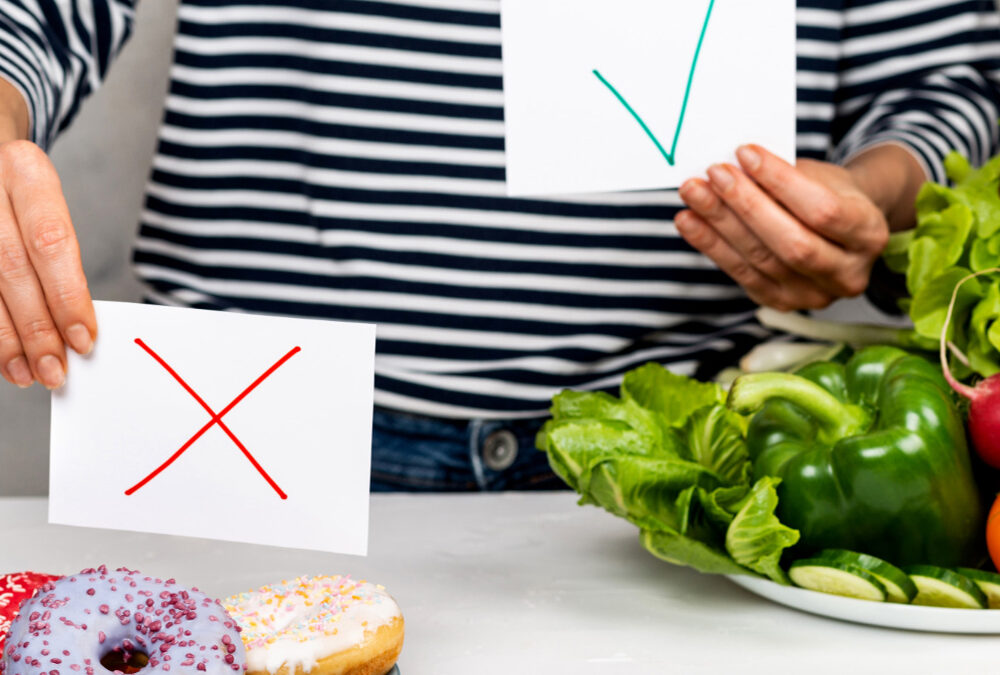Foods Not to Eat:
The following foods are known to make GERD worse and tend to be acidic. Their intake should be lowered and reduced very much.
foods that are high in fat and oil (these foods may cause the stomach sphincter to relax) Fatty Meats: These meats have a greater concentration of fatty acids and cholesterol and are quite acidic.
food items that contain saturated fats. These consist of whole milk and full-fat cheese, which is extremely acidic.
Excessive salt intake Carbonated Drinks with Mint Chocolate (sodas) Coffee acidic beverages, such as orange juice and coffee, etc. foods high in acid, such as tomato sauce, etc. Foods to Consume: The following foods can help prevent GERD because they are known to be alkaline. You should eat a lot of these items. Carbs present in various veggies, low-acid fruits, and certain whole grains Low-cholesterol proteins from salmon, beans, lean poultry (without skin), lentils, and trout. Vitamin C-rich foods, such as vegetables and low-acid fruits
Green vegetables include broccoli, kale, Brussels sprouts, spinach, and asparagus, among others. Foods high in soluble fiber, in particular, have been shown to reduce the risk of GERD. Fruits high in fiber (high in potassium and magnesium), such as berries, apples, melons, avocados, bananas, peaches, and pears, among others. Eggs (regardless of cholesterol content) Steer clear of items or foods that raise acidity. Simply reduce your consumption of acidic foods, such as grains and meat. Eat more foods that are alkaline. Eat more fruits and vegetables, such as bananas, spinach, and broccoli.

